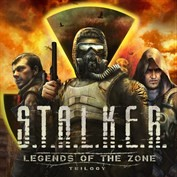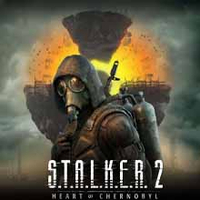STALKER games in order: Which Legends of the Zone Trilogy game should I play first?
Here's the play order I recommend for the STALKER trilogy that's now available on Xbox.
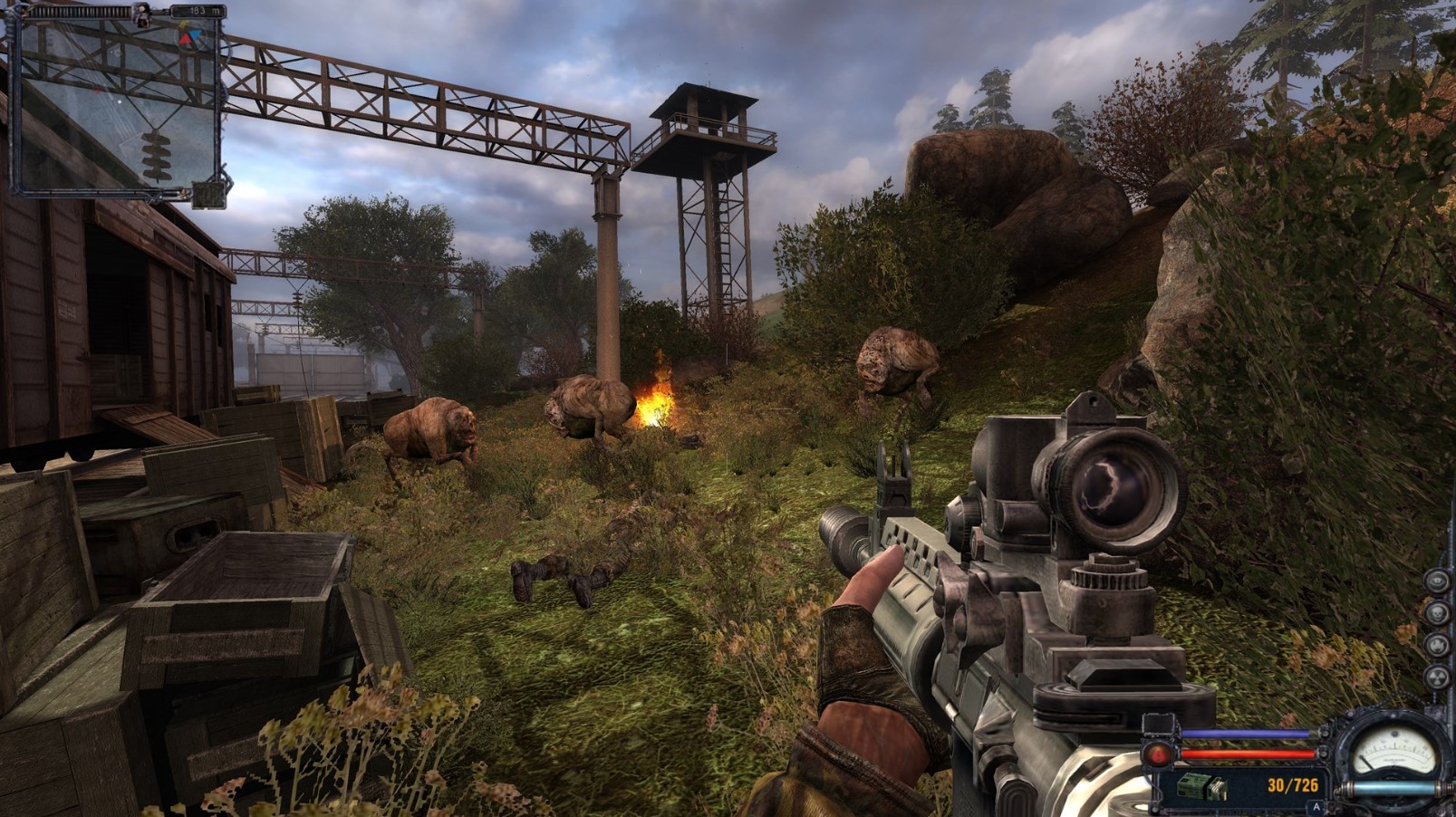
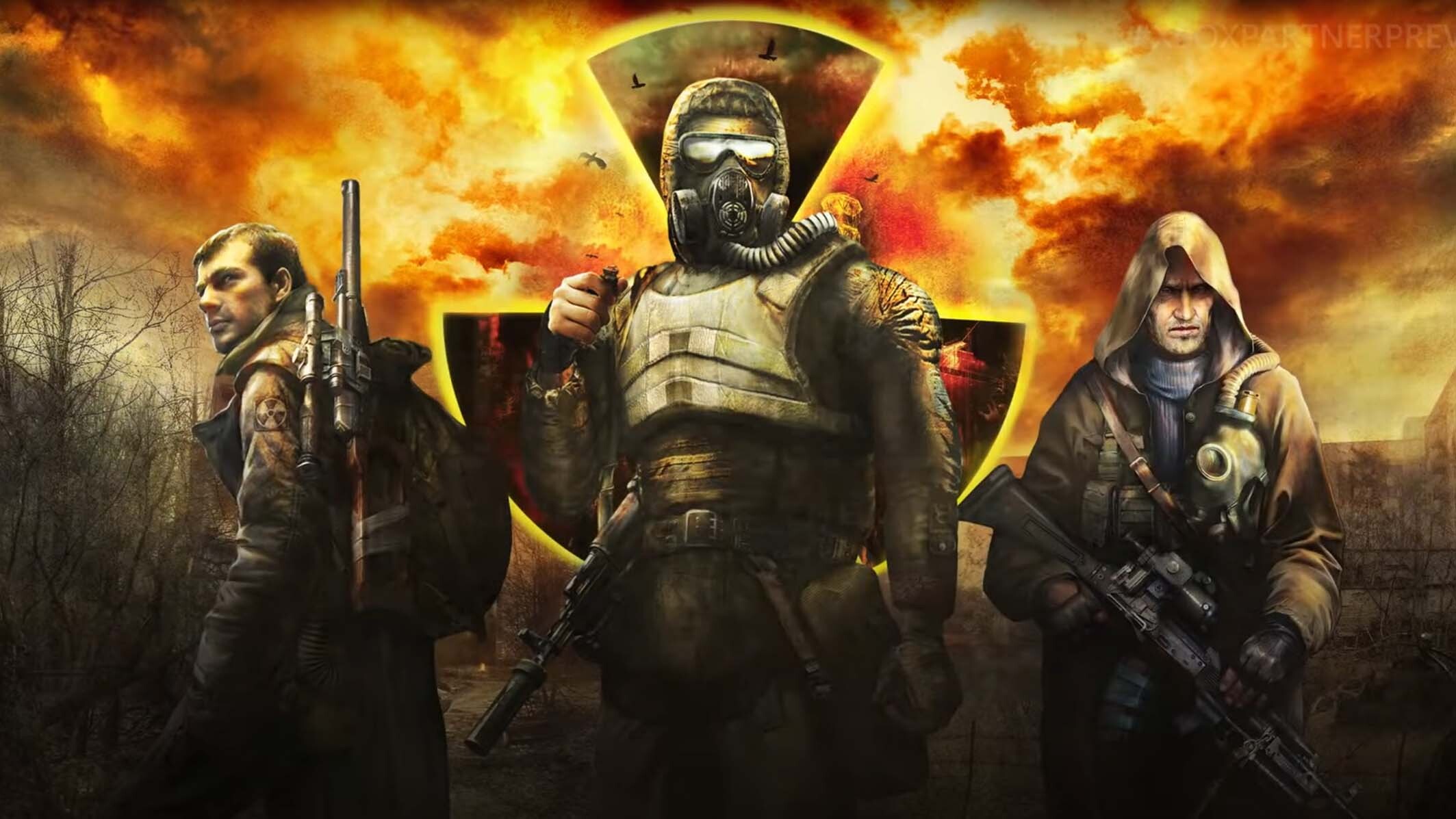
STALKER is an open world first-person shooter series developed by GSC Game World. The games are set in a fictional version of the Chernobyl Exclusion Zone in which a mysterious second disaster at the nuclear power plant occurred in 2006, resulting in the creation of mutants, the formation of nature-defying anomalies, and artifacts with magic-like powers. Multiple factions and hundreds of explorers called stalkers have settled in The Zone's non-linear levels, and interact with the player and each other dynamically thanks to the series' ambitious A-Life AI system.
I genuinely never thought it would happen, but GSC Game World has proven me wrong: the full trilogy of STALKER games has been released on Xbox and PlayStation systems a full 17 years after the first one debuted on PC in 2007, finally giving console gamers an opportunity to play what are undoubtedly some of the best cult classic FPS games ever made. Available individually for $20 or as part of a special $40 "Legends of the Zone Trilogy" bundle, all three titles have been "refined for console" with reworked gamepad-friendly controls, tweaked user interfaces, and a special Xbox Series X|S "high-fidelity mode."
With STALKER 2: Heart of Chornobyl slated to release later this year on September 5 and follow up on the trilogy's story with a brand new one, there's never been a better time for the original games to get a console port. If you're jumping in for the first time, though, you may be confused about which order you should play them in. After all, even though each game's story is connected to a wider narrative, they take place at different times and in different parts of the fictional version of the Chernobyl Exclusion Zone they're set in.
Ultimately, I believe you'll have a great time no matter which way you choose to enjoy the STALKER games, though there's definitely a play order I'd recommend (and a game I'd avoid starting with) if you're looking to experience the overarching story to its fullest. To that end, you'll find my suggested play order in the guide below, along with my full reasoning and some brief, but detailed overviews of what to expect from each game.
STALKER games: Recommended play order
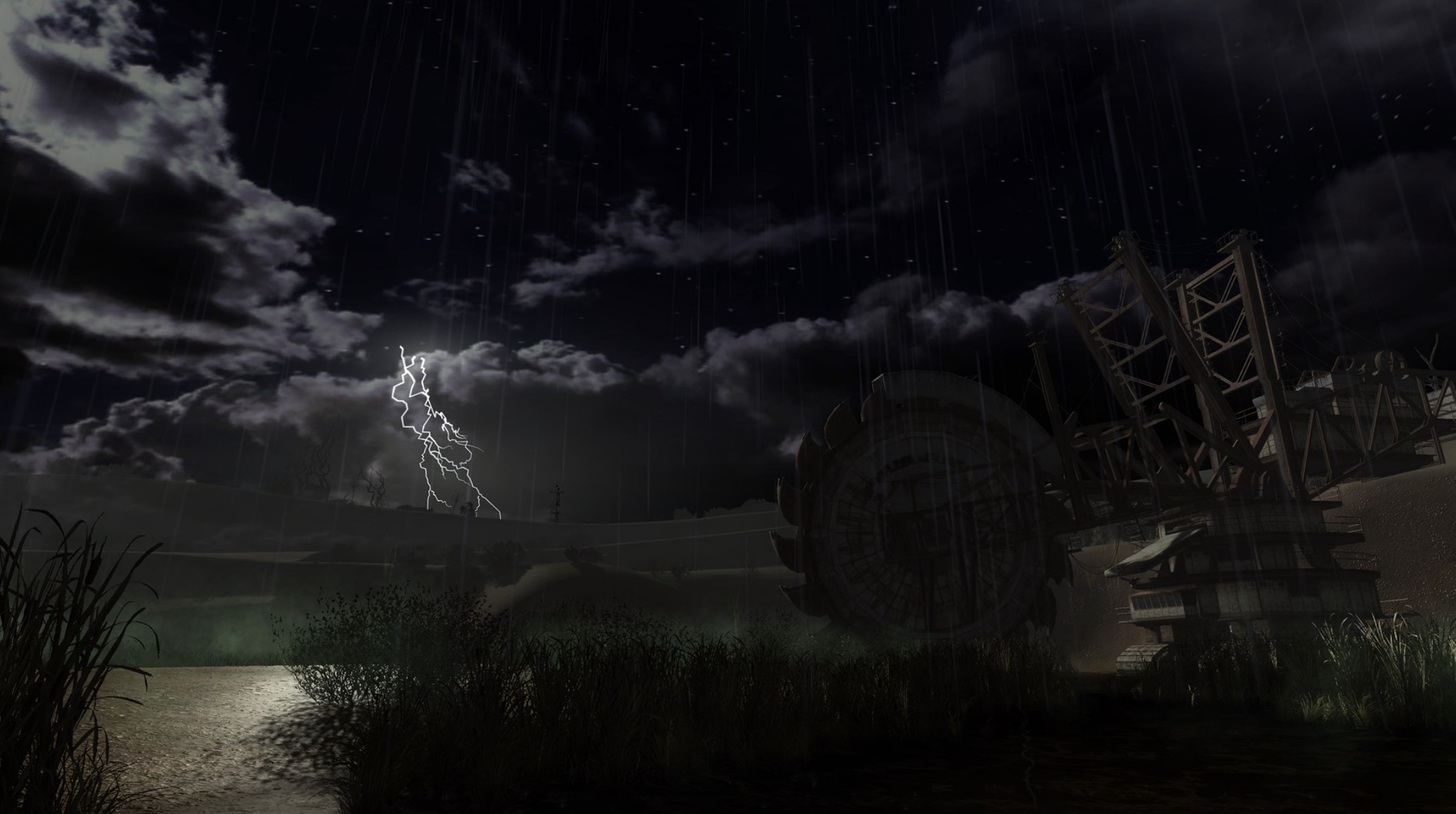
Speaking as someone who's completed all of them several times now, my recommendation is to play through the STALKER games in release order. That means starting with 2007's Shadow of Chernobyl, going through 2008's Clear Sky next, and then ending with 2010's Call of Pripyat. This is how GSC Game World intended the trilogy's overarching narrative to be experienced, and since Shadow of Chernobyl offers the best introduction to the setting and the factions of The Zone, it's best to begin there.
Alternatively, you could go with the chronological order of the games, which would mean starting with Clear Sky, then playing Shadow of Chernobyl, and capping things off with Call of Pripyat. This makes the story a bit simpler to follow, though in all honestly, it's not that complicated, and it's arguably less interesting when experienced this way.
Above all else, I'd avoid beginning with Call of Pripyat, as significant portions of its story won't make much sense to anyone who hasn't at least played Shadow of Chernobyl. In my view, you should play Clear Sky first, too, though the background context it adds isn't nearly as important as the first game's.
No matter where you start, make sure you give my STALKER trilogy beginner's guide a read before you begin your adventures in The Zone. It's got plenty of tips and tricks that apply to all three of the games, including explanations for STALKER's more obtuse systems and other pieces of helpful advice.
Get the Windows Central Newsletter
All the latest news, reviews, and guides for Windows and Xbox diehards.
Every STALKER game explained
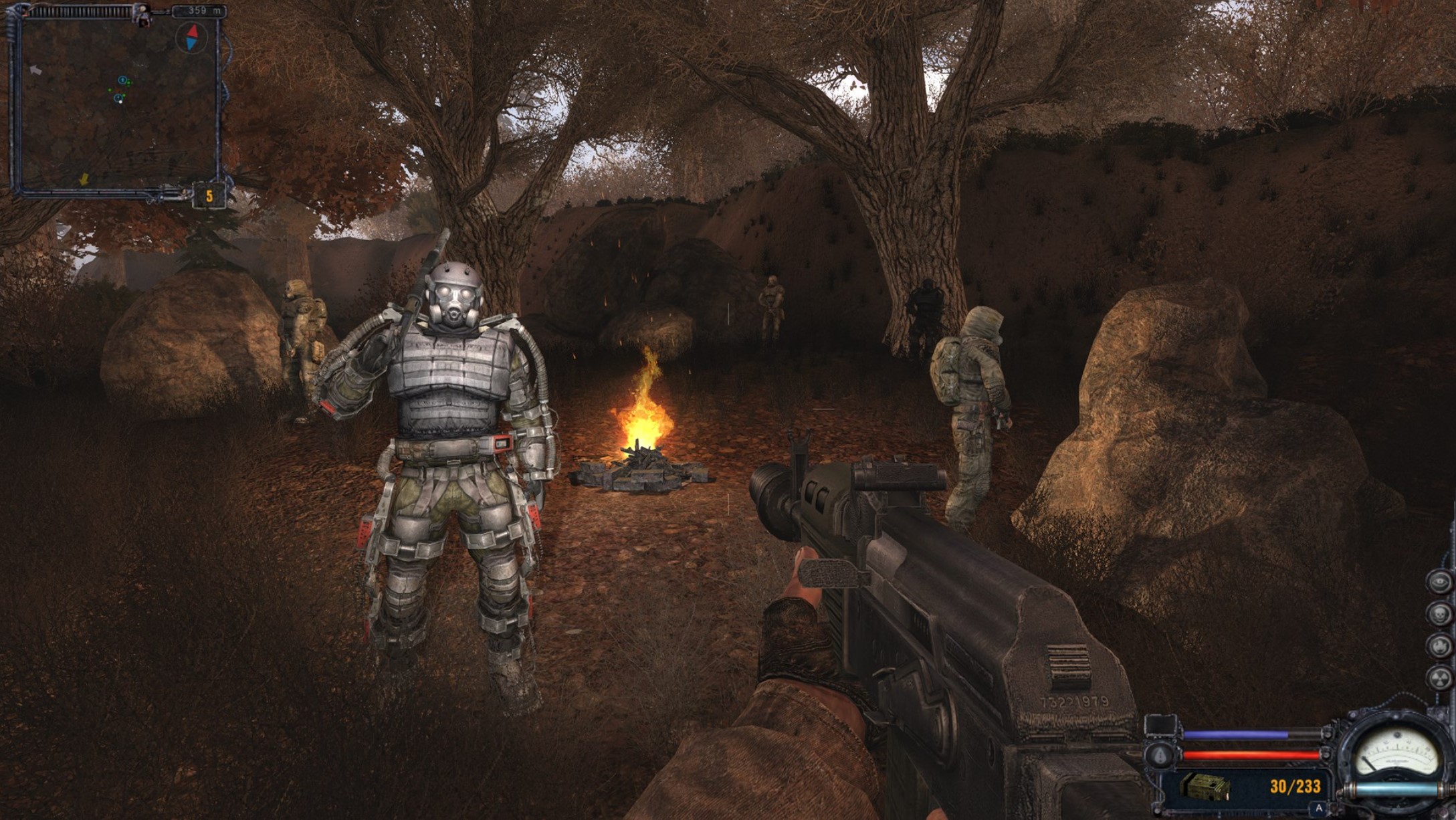
As I said in the section above, I recommend playing through the STALKER games in release order. However, if you don't want to or can't buy all three or you'd simply prefer to play the ones that sound the most enjoyable to you first, make sure you read these brief overviews of each one to help you make an informed decision. There are no spoilers ahead beyond what's already mentioned in each game's marketing materials, so don't worry about that.
Shadow of Chernobyl is the first game in the series, and sees you take control of an amnesiac stalker called the Marked One. Having fallen off of a mysterious "death truck" within The Zone, nothing is known about the Marked One other than that his PDA lists a simple mission: a goal to kill a stalker named Strelok. Shadow of Chernobyl is the most open, atmospheric, and "balanced" of the franchise, offering a healthy mix of story and dialogue, non-linear questing and free roam exploration, and combat with mutants and other stalkers.
Clear Sky came out after Shadow of Chernobyl, but is a prequel to it chronologically. In it, you play as Scar, a mercenary escorting a group of scientists through swamps in The Zone. During the mission, The Zone unexpectedly releases a massive shockwave of energy in an "emission" event that kills the scientists, but leaves Scar alive. Scar is rescued and subsequently recruited by Clear Sky, a faction that aims to research The Zone and understand why emissions are occurring. Compared to Shadow of Chernobyl, Clear Sky places a much stronger emphasis on combat with its Faction Wars mechanic, and features fewer levels, side quests, and story-driven conversations with other characters.
Finally, there's Call of Pripyat, the newest of the three games and the direct sequel to Shadow of Chernobyl. Its player character is Major Alexander Degtyarev, a military agent sent to pose as a free stalker and investigate the crash sites of five helicopters that were attempting to scout the center of The Zone. Call of Pripyat is the most story-focused game of the trilogy and has tons of dialogue, while also offering plenty of side missions. Combat is less frequent, though, and while its levels are massive, there are only a few of them.
The three STALKER games largely look and feel the same since they all came out in a span of three years, were built on the same engine, and share nearly all of their gameplay systems. However, graphics and gunplay were noticeably — albeit only moderately — improved with each release.
Many said this day would never come, but the original STALKER trilogy has finally arrived on console thanks to the recent shadow drop on Xbox Series X|S, Xbox One, PS5, and PS4. Some of the best PC games are now amongst the best Xbox games, too, and they're a must-play for shooter fans or for folks interested in checking out STALKER 2 later this year.
STALKER: Legends of the Zone Trilogy | $39.99 at Xbox (Digital)
One of the biggest open world shooter franchises in PC gaming history has shadow dropped on Xbox and PlayStation. Get all three of the amazing STALKER games for $40 and play through them ahead of STALKER 2's launch later this year.
Stalker 2: Heart of Chornobyl | $59.99 at Amazon (Xbox)
Survive The Zone's glory and horror in the first new STALKER game since 2010's Call of Pripyat. Built using Unreal Engine 5, STALKER 2 taps into the series' classic gameplay elements and atmosphere using the latest and greatest tech available. It's scheduled to launch on September 5, but is available to preorder now.
Also at: GMG (Steam, PC, $59.99) | GOG (PC, $59.99)
Brendan Lowry is a Windows Central writer and Oakland University graduate with a burning passion for video games, of which he's been an avid fan since childhood. He's been writing for Team WC since the summer of 2017, and you'll find him doing news, editorials, reviews, and general coverage on everything gaming, Xbox, and Windows PC. His favorite game of all time is probably NieR: Automata, though Elden Ring, Fallout: New Vegas, and Team Fortress 2 are in the running, too. When he's not writing or gaming, there's a good chance he's either watching an interesting new movie or TV show or actually going outside for once. Follow him on X (Twitter).
